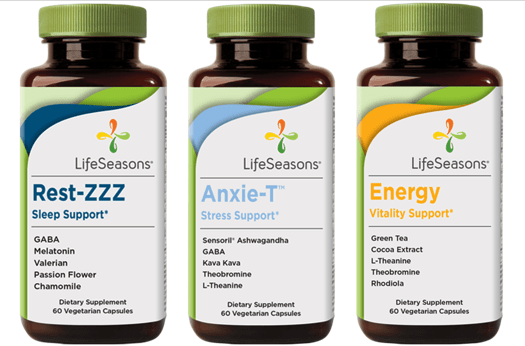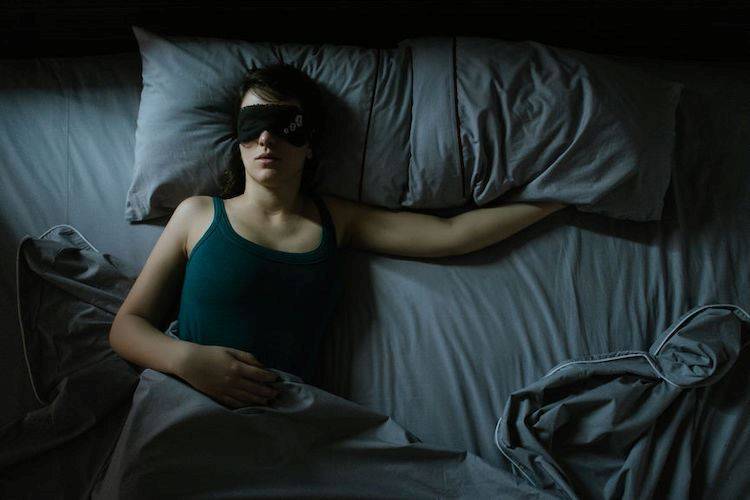Sleep is a chance to shut your mind and body down for the night, but there’s a lot more going on behind your closed eyelids than you might think. Your body cycles through different sleep stages all night long, rotating between light sleep, deep sleep, and REM sleep. So what does that mean exactly? Here’s how it all works:
The Different Sleep Stages
You can split up sleep into two main categories: REM and non-REM. The non-REM group is actually three separate stages—the lightest sleep is stage one and that happens first (if you were woken up during stage one, you might not even have realized you fell asleep). You keep going, falling into deeper and deeper sleep, until you hit stage three. At that point, it would be pretty tough for someone to wake you up. As you make your way through the stages, your brain waves, heartbeat, breathing, and eye movements slow and your body relaxes.
The Timing of It All
Each stage lasts on average between five and 15 minutes and you cycle between the 2nd and 3rd stages until you hit REM sleep. You start out going through the non-REM stages, then have your first REM stage about 90 minutes after you fall asleep. That one is relatively short (it might only be 10 minutes or so), but each REM stage lasts longer and longer as the night goes on. In fact, the last REM stage before you wake up might be closer to an hour long.
What Happens During Non-REM Sleep?
The first three stages of sleep are a chance for your body to repair itself—it builds bone, muscle, and tissue that may have been damaged during the day (like during that tough workout you did!). This is also when your body strengthens your immune system so it’s better able to fight off things like the cold and flu. You also store memories in this stage (that also happens in REM).
Why REM Sleep Matters
This stage couldn’t look more different from the others because it’s full of activity: More brain waves, more eye movement (REM stands for rapid eye movement), and faster breathing. This is also when your intense dreams happen (you know, that one where you forgot about a big test in school). And although your legs, fingers, and face may twitch, your muscles tend to be temporarily paralyzed. Experts think this might be your body’s way of protecting yourself from acting out your dreams.
Worried about sleep deprivation? Check out 7 Signs You Aren’t Getting Enough Sleep, so you can rest easy.
PRODUCTS YOU MIGHT LIKE:











